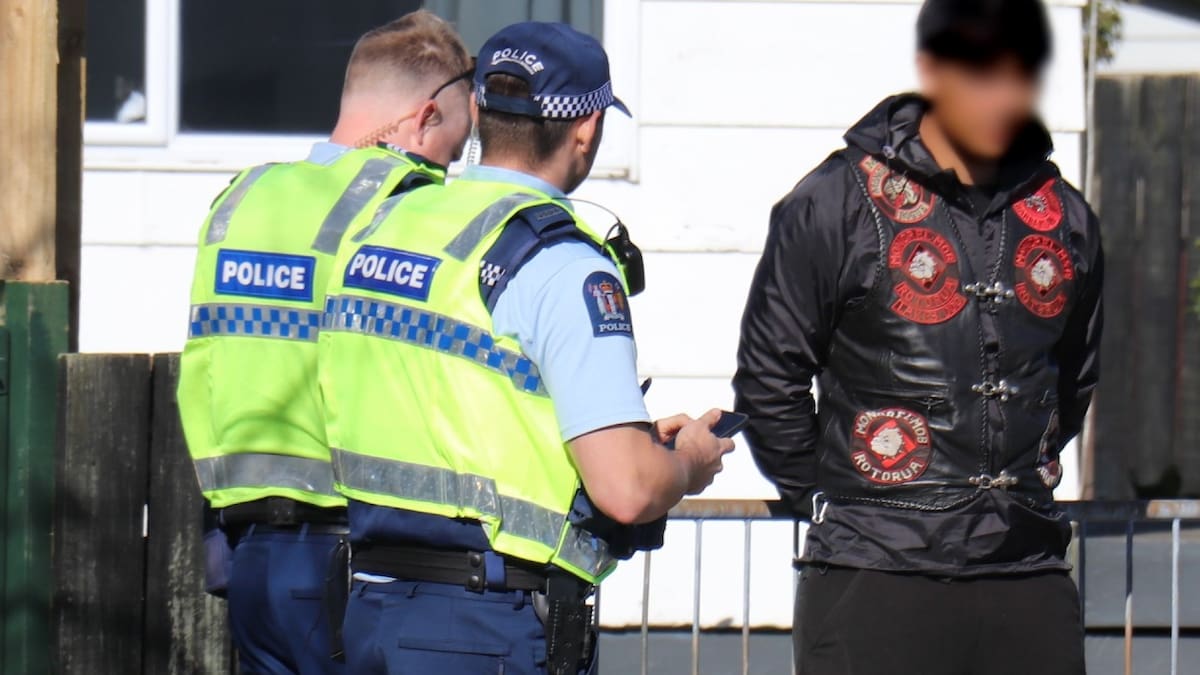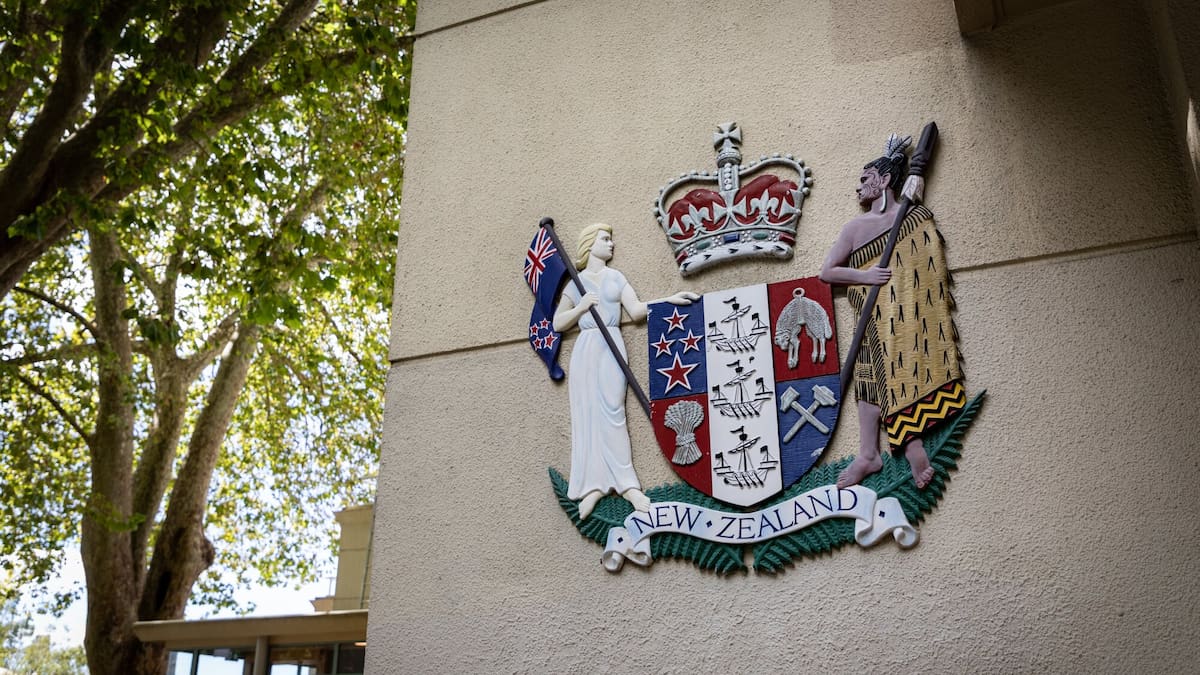While Kiwi Group Holdings is targeting New Zealand investors, any restrictions around who these investors may be able to sell their shares to (including foreigners), should they wish to divest, are yet to be negotiated.
Restrictions around selling shares was a problem for one of Kiwibank’s previous owners, the New Zealand Super Fund.
Finance Minister Nicola Willis underlined her commitment to Kiwibank maintaining its Kiwi identity.
She said that for the foreseeable future, Kiwi Group Holdings would be at least 51% government-owned and have a majority of its directors live in New Zealand. New Zealand would also need to remain Kiwibank’s principal place of business.
Willis said a future government may choose to publicly list Kiwibank on the stock market, but that would only occur with an electoral mandate.
The Government wants Kiwibank to grow, so it can better compete with the big four Australian-owned banks.
Willis said an additional $500m of capital could support up to $4 billion of business lending or $10b of home lending.
If the Government didn’t seek capital from the private sector, it would need to find the cash to inject into the bank itself.
Kiwibank chief executive Steve Jurkovich said that following the capital raise, there would be no return of capital to the Crown, and no changes for Kiwibank customers.
Jenée Tibshraeny is the Herald’s Wellington business editor, based in the parliamentary press gallery. She specialises in government and Reserve Bank policymaking, economics and banking.






